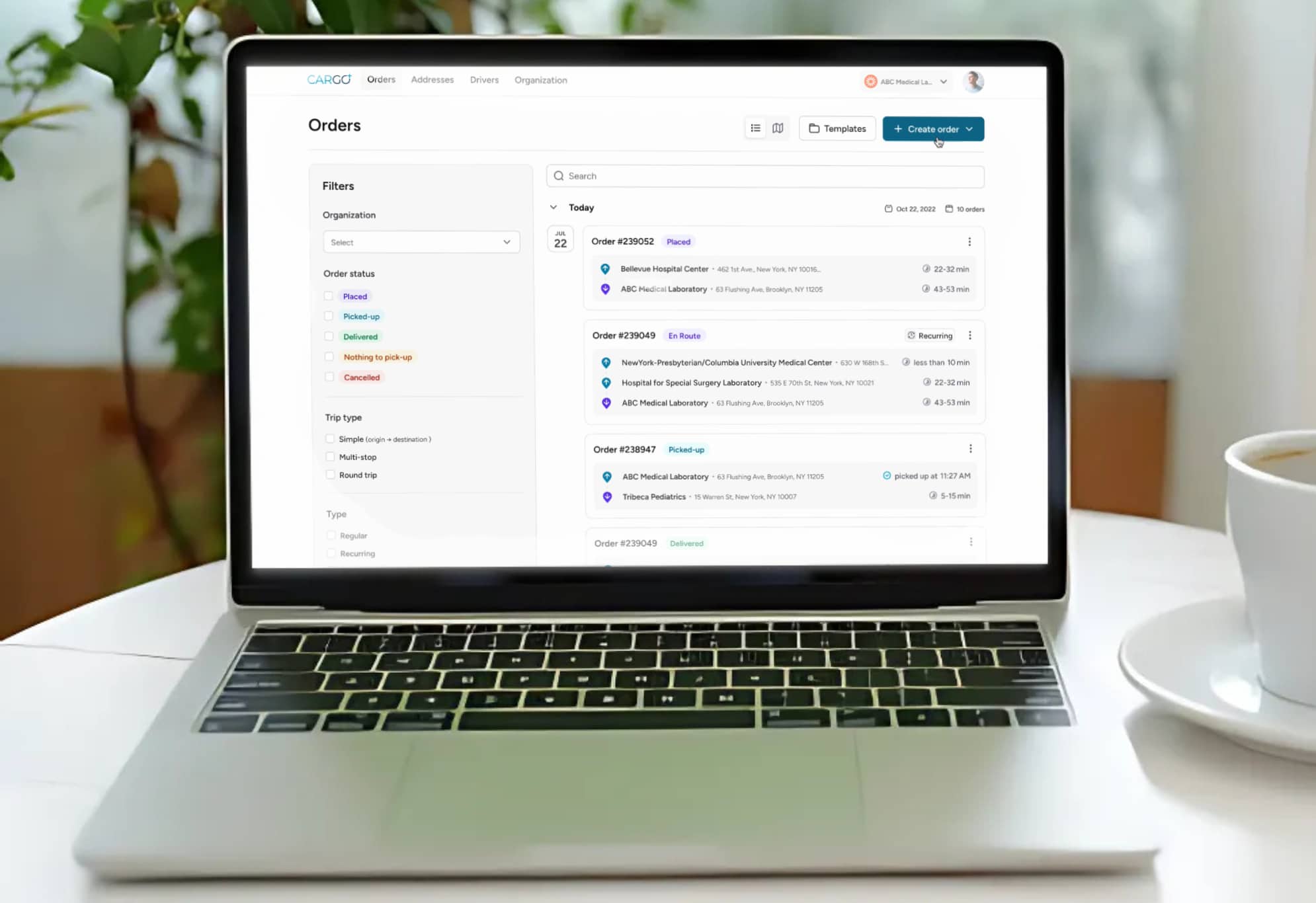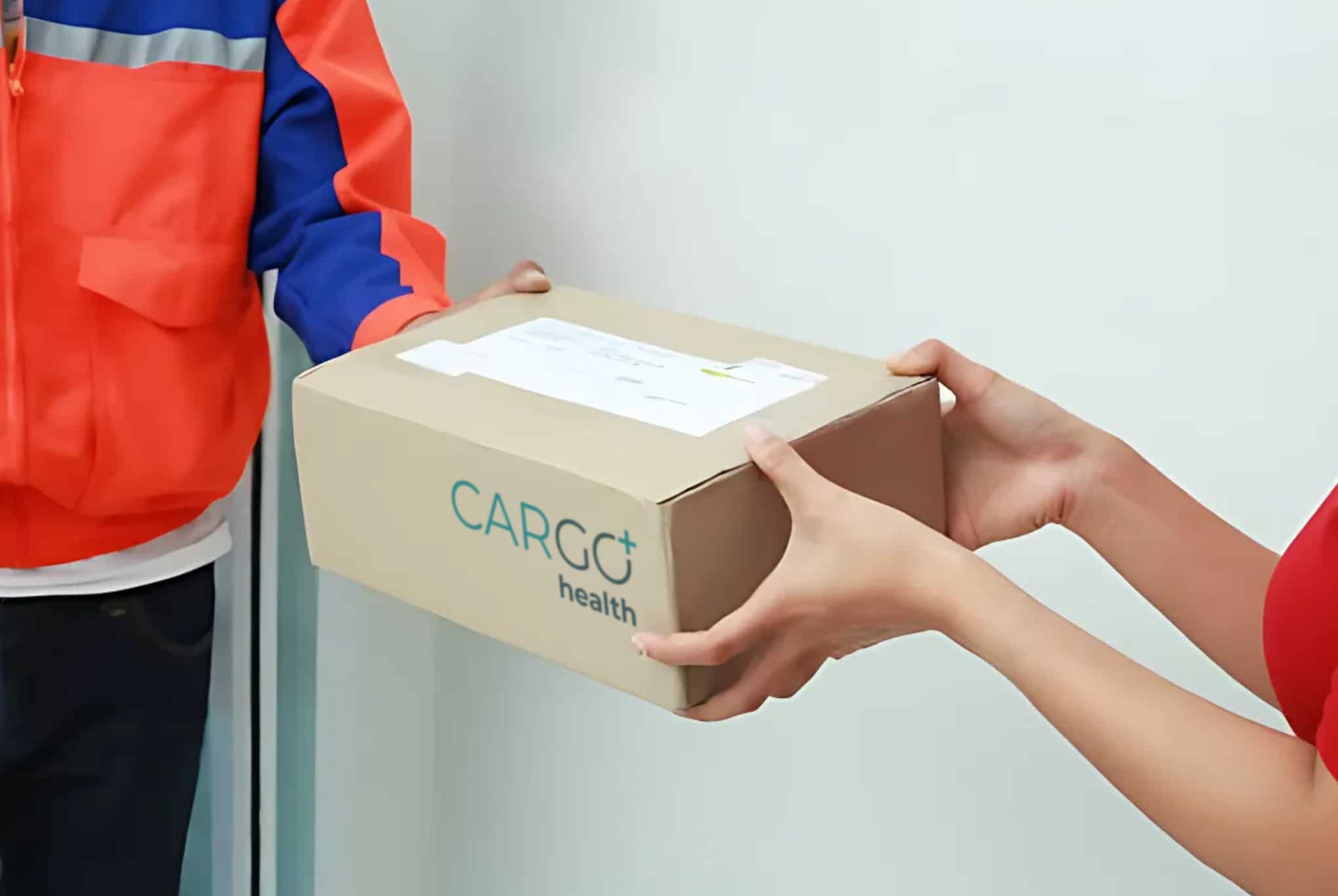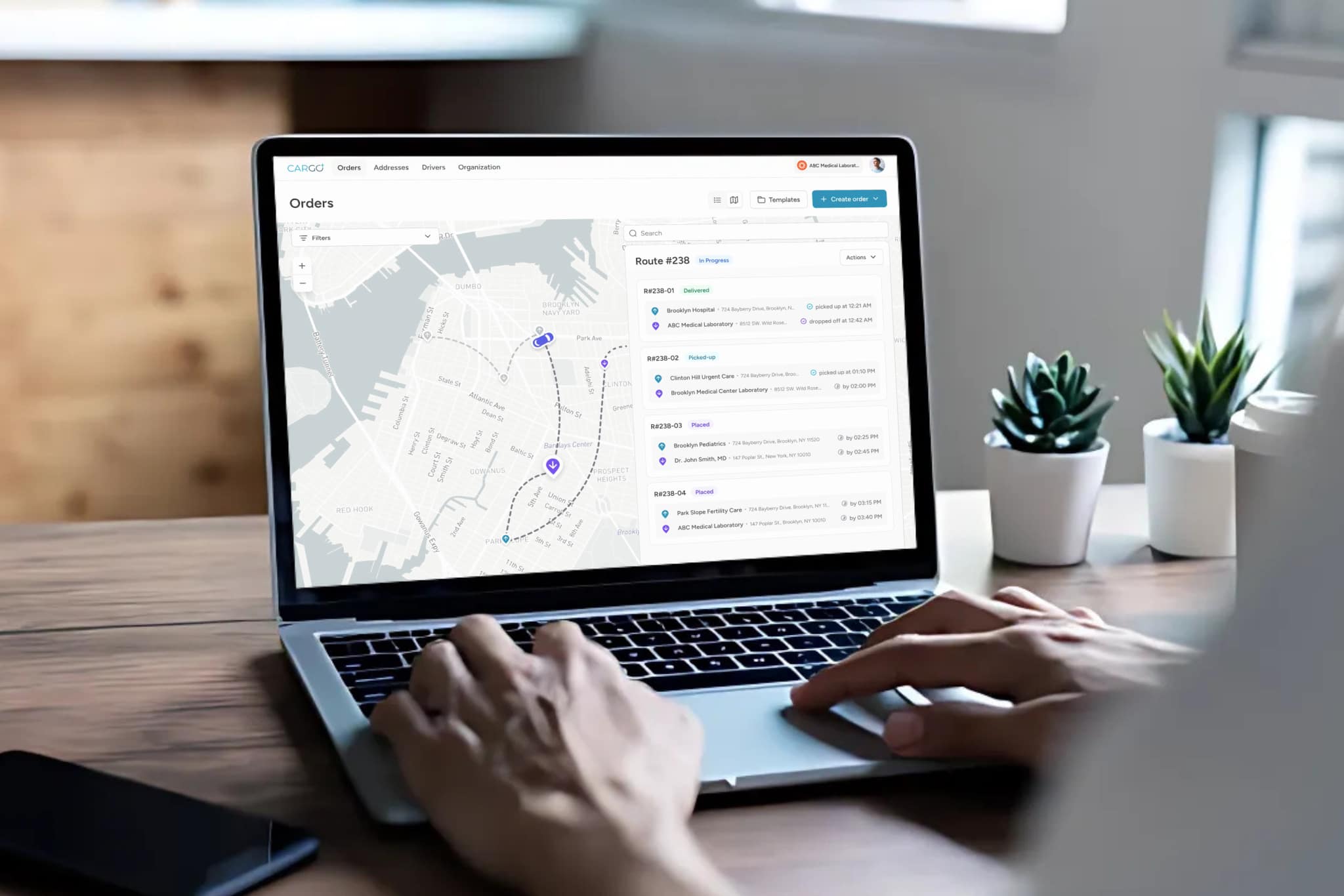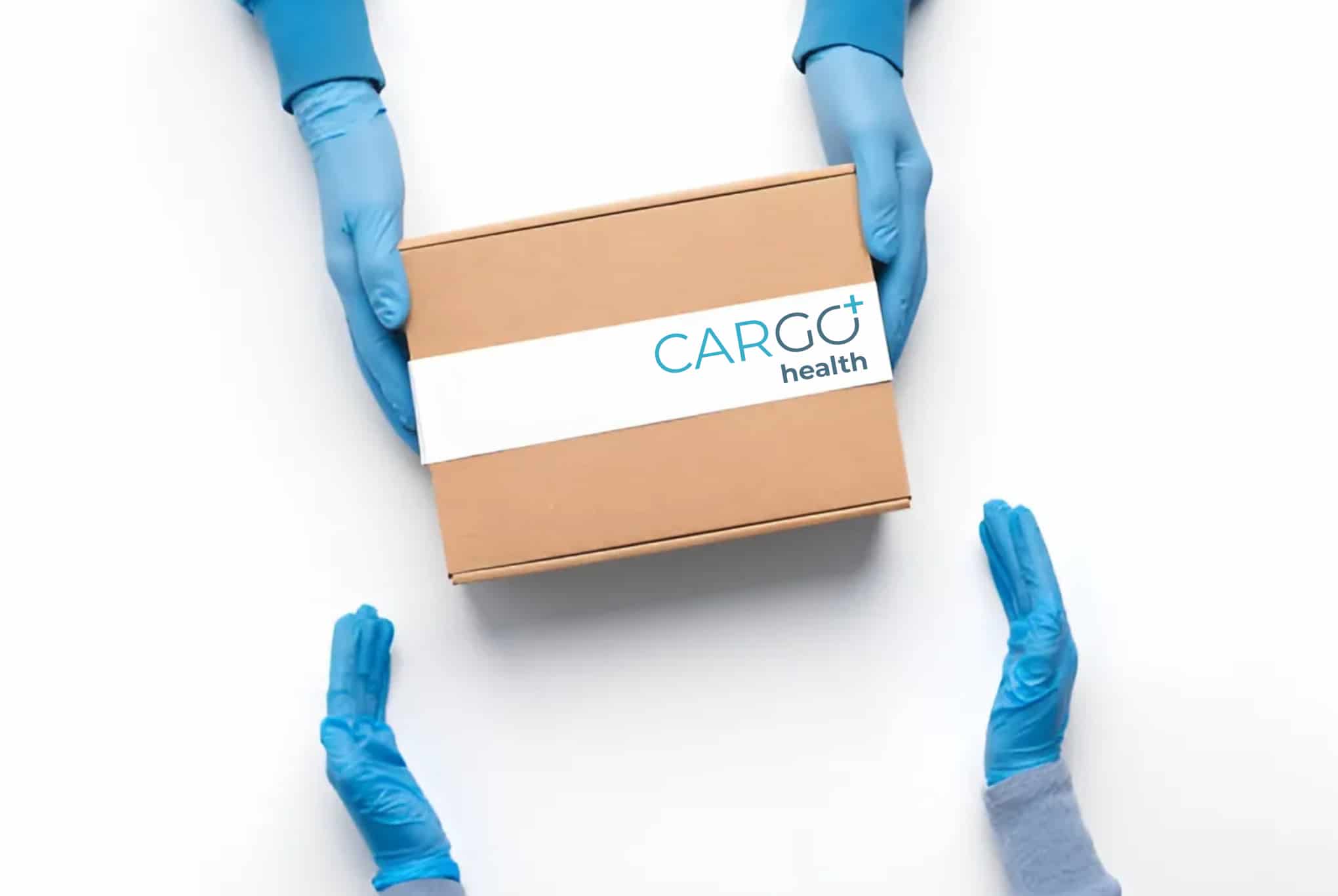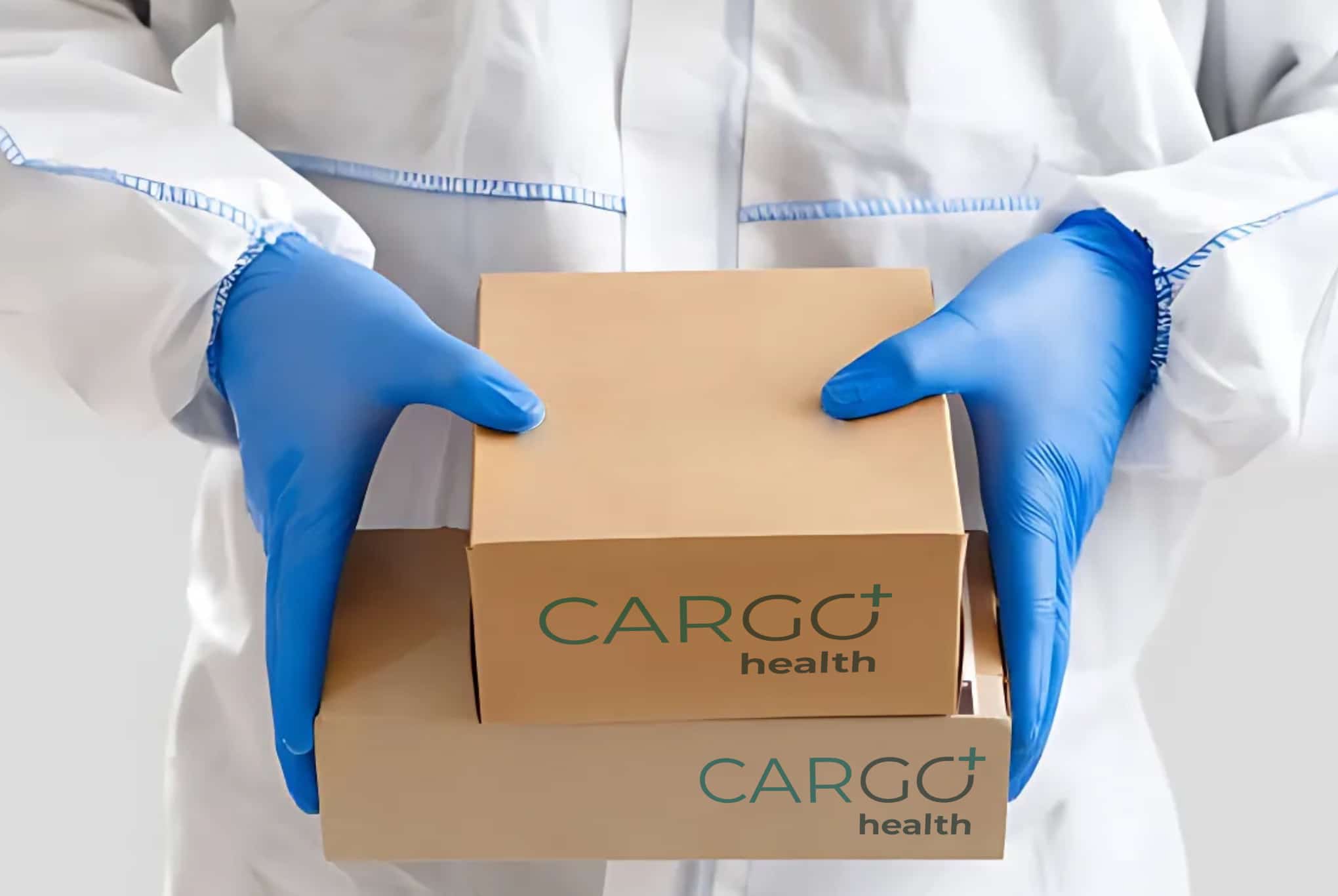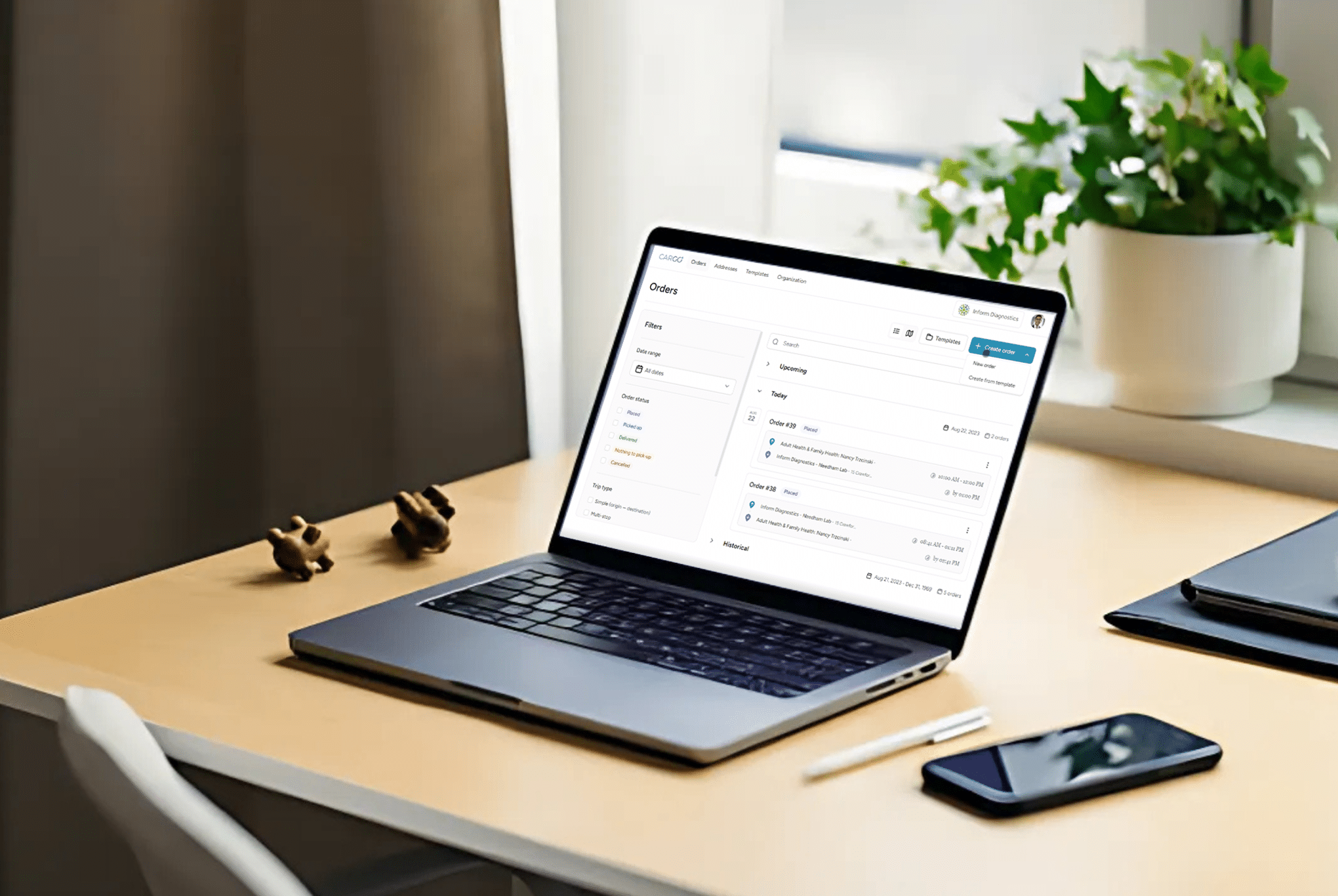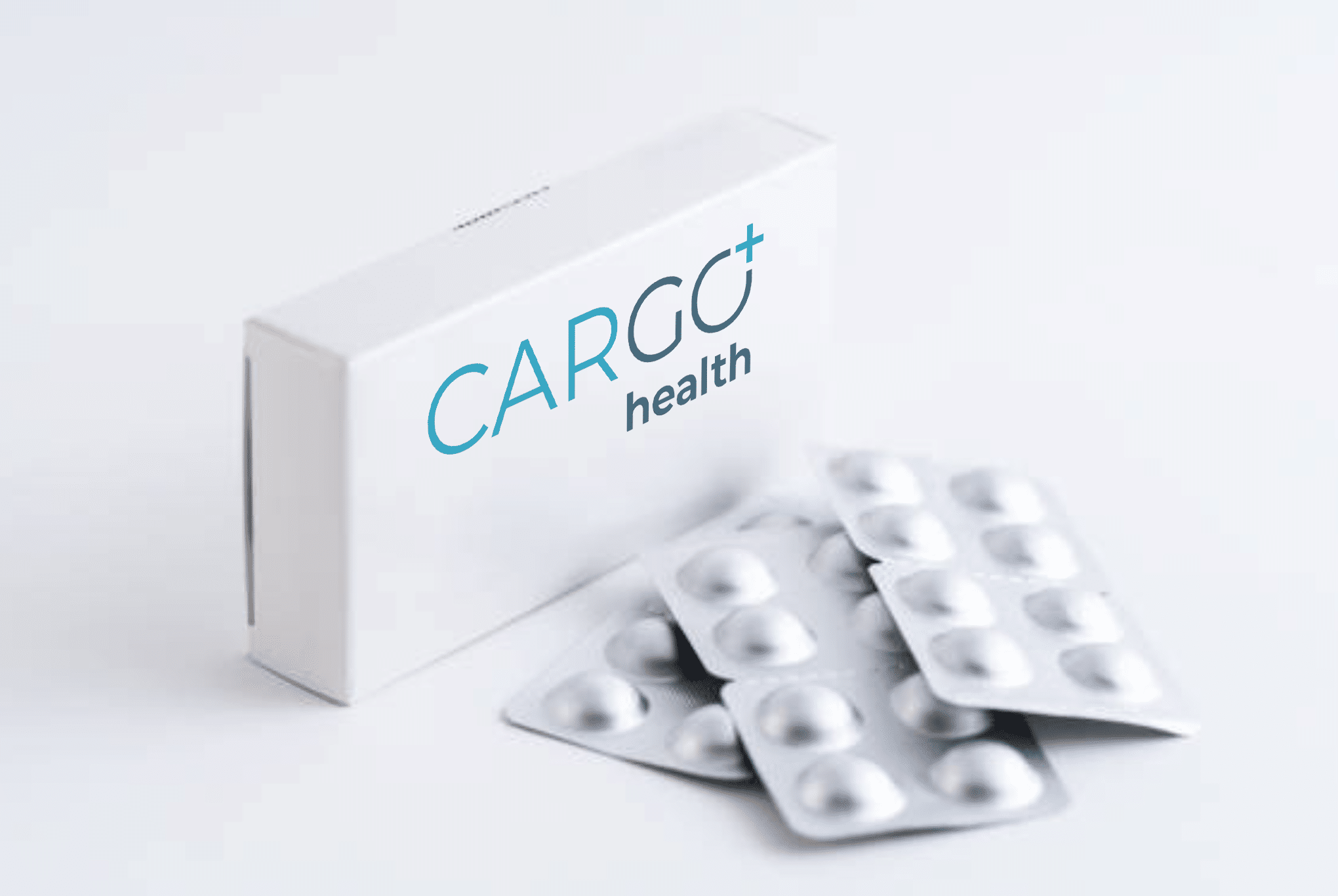How Real-Time Tracking Enhances Delivery Efficiency and Transparency
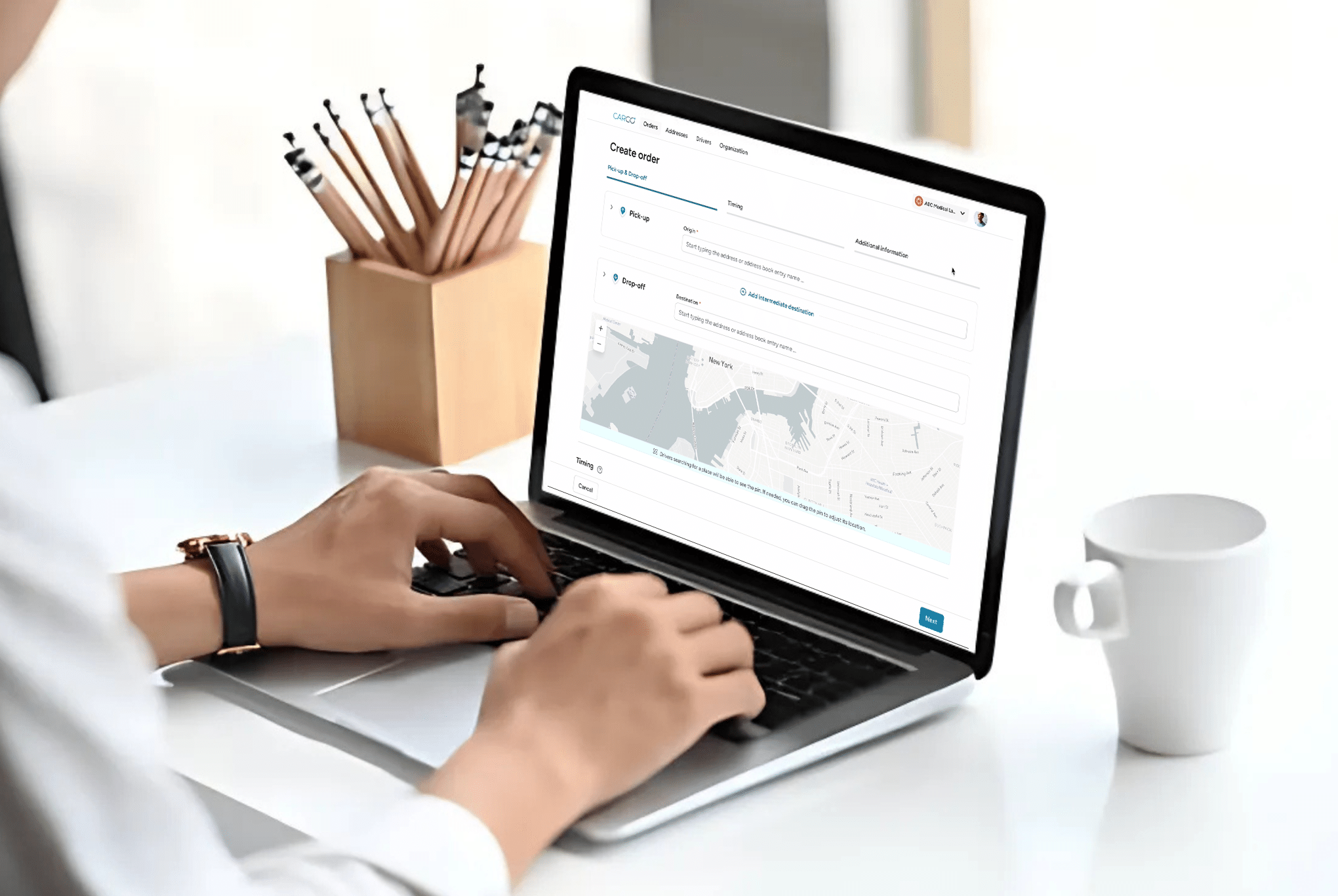
In the fast-paced healthcare sector, precision and timeliness are critical. Medical courier services handle a range of sensitive deliveries—lab specimens, pharmaceuticals, medical devices, and life-saving equipment—where every minute counts. Real-time tracking technology has become a cornerstone of modern logistics, addressing the pressing need for visibility, operational efficiency, and accountability in medical deliveries.

The Growing Importance of Real-Time Tracking in Healthcare Logistics
Traditional delivery models often rely on manual status updates and estimated delivery times, leaving significant room for delays and communication gaps. In healthcare logistics, even slight disruptions can compromise patient outcomes or lead to costly errors. Real-time tracking provides continuous updates on the location and condition of shipments, minimizing uncertainty and improving service reliability.
With advancements in GPS, IoT sensors, and cloud-based platforms, real-time tracking systems offer far more than location updates—they provide data-driven insights that reshape delivery operations.
Key Advantages of Real-Time Tracking
1. Enhanced Operational Efficiency
Real-time tracking streamlines delivery processes by optimizing routes, reducing delays, and improving resource allocation. Logistics managers can monitor delivery progress in real-time and make data-backed decisions to mitigate risks and avoid potential disruptions.
For instance, IoT-enabled sensors can monitor temperature-sensitive shipments, ensuring that critical items like vaccines or biologics remain within the required conditions throughout transit.
2. Improved Transparency and Accountability
Medical facilities and patients demand reliable, transparent services. Real-time tracking ensures end-to-end visibility for all stakeholders, providing accurate updates on shipment status.
This transparency builds trust and reduces the administrative burden of manual communication, as healthcare providers can access tracking data directly from online portals. Additionally, electronic proof of delivery (ePOD) enhances accountability by documenting delivery milestones and conditions in real time.
3. Proactive Problem Resolution
Delays and issues in logistics are inevitable, but real-time data allows for proactive responses. Predictive analytics, combined with real-time monitoring, helps identify potential bottlenecks or delays before they escalate into critical failures.
For instance, if a courier carrying lab specimens encounters heavy traffic or adverse weather, the system can automatically reroute them to avoid delays. Such adaptability ensures that high-priority deliveries stay on track.
4. Regulatory Compliance and Quality Assurance
In healthcare logistics, compliance with stringent regulations—such as cold chain management for pharmaceuticals—is non-negotiable. Real-time tracking systems help maintain compliance by documenting temperature, humidity, and other shipment conditions.
Regulatory audits become more manageable with automated data logging and instant access to detailed shipment histories, minimizing compliance risks and maintaining high standards of quality assurance.
Real-Time Data as a Strategic Asset
Beyond immediate operational improvements, real-time tracking generates valuable data for long-term planning and optimization. Analytics derived from delivery patterns can help identify inefficiencies, predict demand surges, and plan staffing and fleet capacity accordingly.
This data-centric approach drives continuous improvement, enhancing the reliability and scalability of medical courier services.
Future Prospects for Real-Time Tracking in Medical Delivery
The integration of artificial intelligence (AI), machine learning (ML), and predictive analytics into real-time tracking systems will further refine delivery operations. These advancements will make it possible to anticipate risks with greater accuracy, improve delivery ETAs, and enhance fleet management.
In addition, blockchain technology may play a crucial role in providing secure, immutable records of delivery activities, boosting transparency and traceability in the healthcare supply chain.
Final Thoughts
Real-time tracking is a pivotal technology in healthcare logistics, providing the precision and transparency essential for medical courier services. As the demand for efficient, high-stakes deliveries grows, leveraging real-time data will continue to redefine how healthcare logistics operate—ultimately ensuring timely, reliable service for patients and healthcare providers alike.
